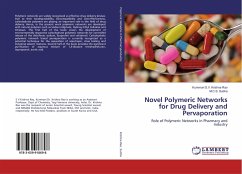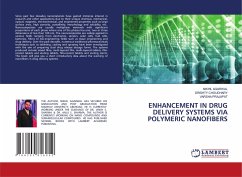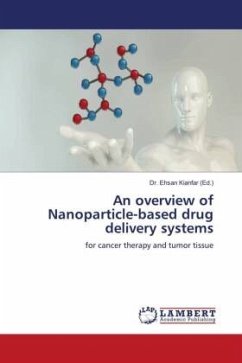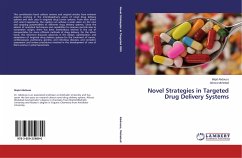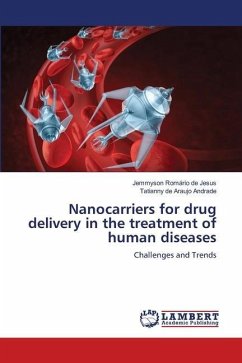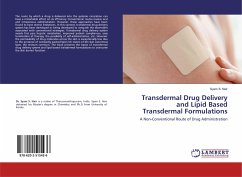Polymeric networks are widely recognized as effective drug delivery devises. Due to their biodegradability, biocompatibility and cost-effectiveness, carbohydrate polymers are playing an important role in the field of drug delivery. Hence, in the present work polymeric networks are developed with natural polymers such as Sodium Alginate, Hydroxy Ethyl Cellulose and Chitosan. The first half of the book covers the development of environmentally responsive carbohydrate polymeric networks for controlled release of the diclofenac sodium, ibuprofen and cefadroxil. Carbohydrate polymeric network based pervaporation is currently recognized as a potential technique for the separation of azeotropic, close boiling and industrial solvent mixtures. Second half of the book provides the significant purification of aqueous mixture of 1,4-dioxane tetrahydrofuran, isopropanol, acetic acid.
Bitte wählen Sie Ihr Anliegen aus.
Rechnungen
Retourenschein anfordern
Bestellstatus
Storno

